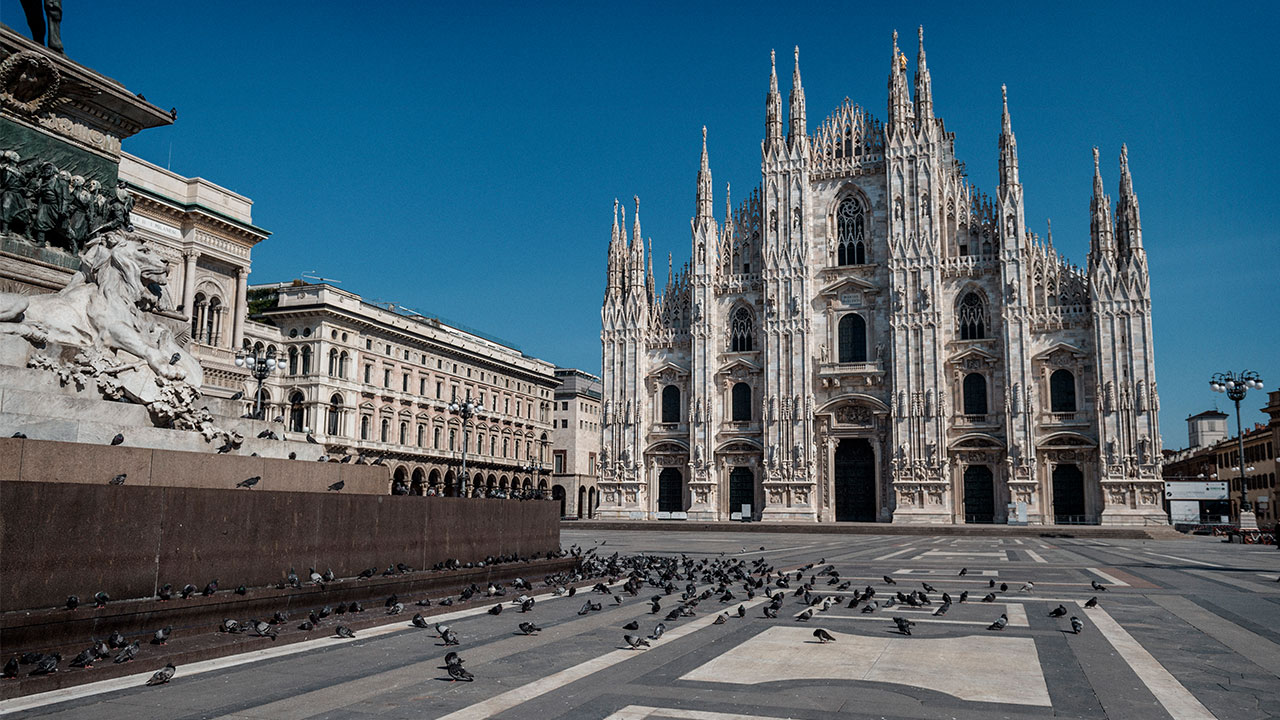Everything

Much of the world is experiencing uncertain, eery times amid a major coronavirus lockdown. Whole cities, particularly across Europe, have been described as ghost towns as strict controls are put in place to keep people inside their homes, only leaving for essential medicine and groceries. There are no cars on the road and with travel bans enforced across the globe, limited planes in the sky. For this, it appears that mother nature is smiling.
Over the past three months, the European Union’s space agency satellites have been tracking pollution levels, and have detected a reduction in the pollutant nitrogen dioxide, a byproduct of diesel motors. On Tuesday, the agency’s Copernicus Atmosphere Monitoring Service reported that with the “abrupt changes in activity levels” in northern Italy, it has tracked a “reduction trend” of nitrogen dioxide, or NO2, for the last four to five weeks. Nitrogen oxide generally stays in the atmosphere for about a day and keeps close to where it was emitted, meaning many people are experiencing very fresh air right now.
According to reports, China saw similar results as people were ordered to stay indoors in late-January.
“It is quite remarkable that a signal of decreasing activity levels could be detected,” said Vincent-Henri Peuch, the director of the Copernicus Atmosphere Monitoring Service. “This shows the extent of the measures taken by Italy.”
Despite harsh circumstances, we can consider this a silver lining.